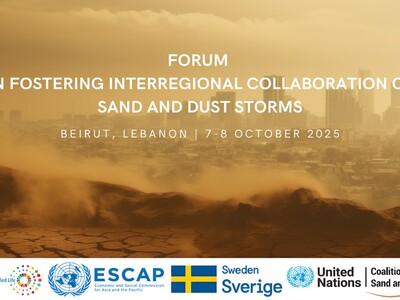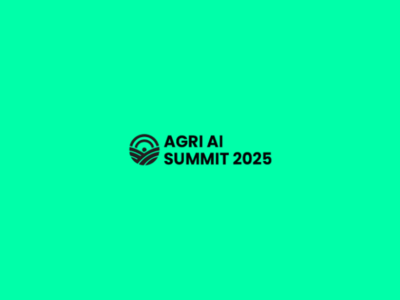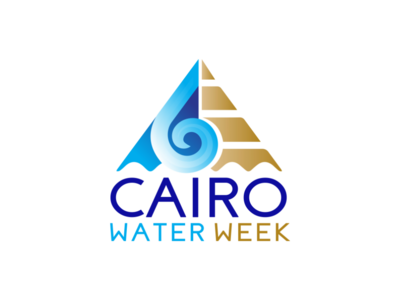Design of resilient farming systems
As part of the SemiArid project funded by ERANET ArimNet2 (2017-2020), a group of lecturer-researchers from different Mediterranean institutions have set up a short international training course dedicated to the design of resilient and sustainable farming systems in the dry and arid areas.
This training course follows several doctoral programs, initially organised within the SEAMLESS project (2005-2010), part of the global FSD network (Farming System Design), which has trained more than a hundred international doctoral students. Until now, these courses aimed to prepare young scientists for the analysis and assessment of the sustainability of farming systems thanks to integrated approaches.
The training course will focus on farming system design in dry regions (climate variability) in the context of climate change and food/nutritional security (referred to as « Climate-smart agriculture »). In its applications it will emphasize the role of diversity (intra-field, intra-farm and across-farms) in the efficiency and resilience of agricultural systems. It therefore falls within several national and international priority programs.
This course will be conjointly organized by the SEMIARID project partners: UMR-System, UMR Innovation (Montpellier SupAgro, INRA-France, CIRAD, CIHEAM-IAMM), IAV-Hassan-II-Morocco, ENSA-Algeria, INRA-Morocco, an international research centre of the CGIAR (ICARDA), which contributes through staff-time and direct support to trainees, and University of Mohammed VI Polytechnic-Benguerir and the Office Chérifien des Phosphates (OCP-Morocco).
Objectives
The training course seeks to prepare methodologies of systemic analysis that make it possible to integrate different levels (plot, farm, region) into the design and multi-criteria assessment of resilient farming systems, taking into account diversities at multiple scales. It specifically aims to:
1- Simulate and discuss the production and resilience of different ecosystem services (e.g., food production, land management, and water resources), and their trade-offs, with the help of biophysical modelling, using diversified cropping systems in terms of crops grown, rotations, crop combinations (including different annual and perennial crops and their spatial layout), in relation to resource management (water, nitrogen). Various crop models will be used during the study, with an emphasis on simple models compatible with the data that participants may easily access (notably SSM, Soltani & Sinclair, 2012).
2- Simulate and discuss the integration and adoption of cropping systems that encourage diversity, using bio-economic modelling (e.g. DHABSIM, Komarek et al., 2017) and typologies for up and down-scaling, taking into account the expectations of the different stakeholders of the areas and sectors concerned.
Organization
The training course will include two phases:
1. An initial period of distance learning (equivalent to 10 hours) for the core modules, using the teaching materials developed within the FSD, EMSACS and ModelEco projects (2015-2018, funded by the Labex Agro).
2. The second stage will offer in-depth lectures and practical exercises, which will encourage the use of conceptual and digital modelling. Moreover, it will give the opportunity for participants to discuss different options targeting the promotion of options for enhancing farming system resilience to face climate change and market uncertainty. A specific day (day 4, for more details see course programme) will allow for interactions between the trainees and Moroccan professionals of the agricultural sectors to discuss the potential of the approach as a decision aid tool.
Access the course here.



